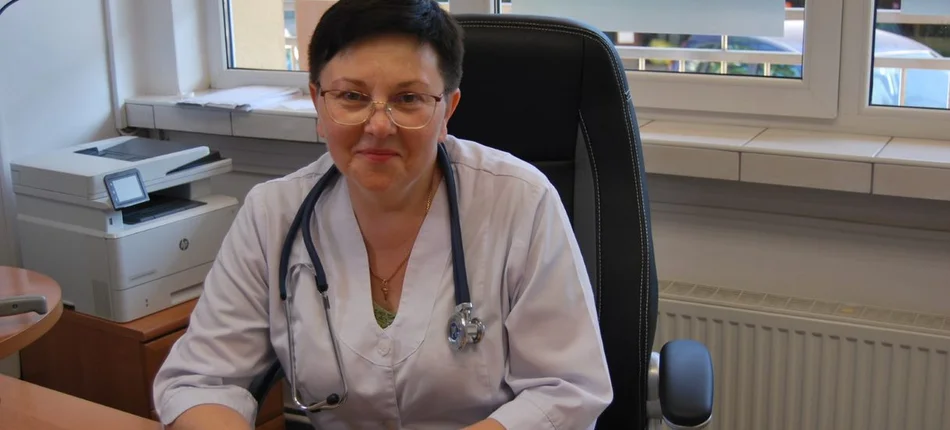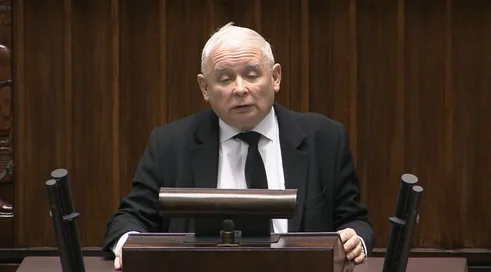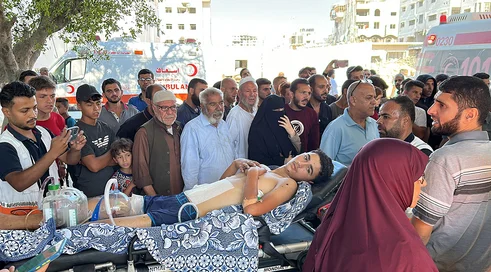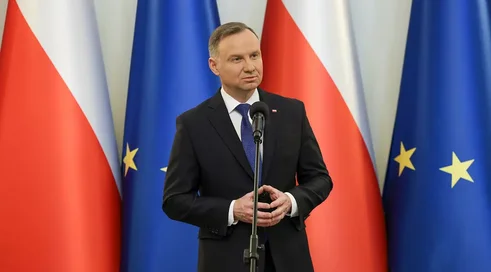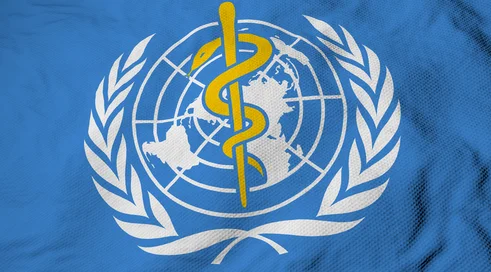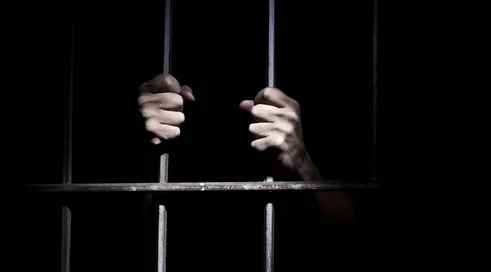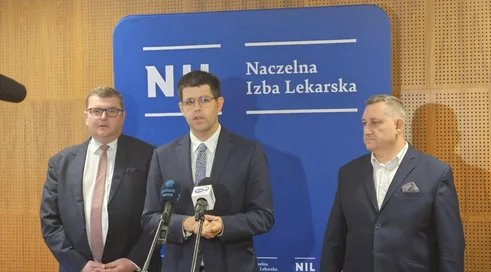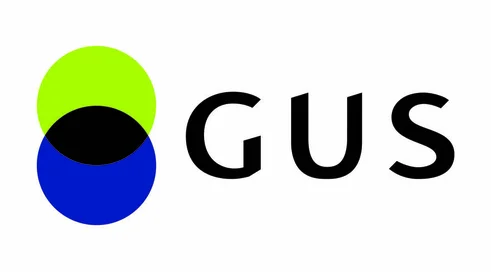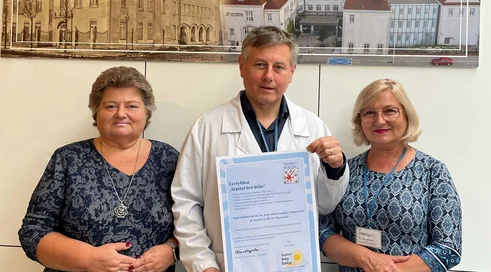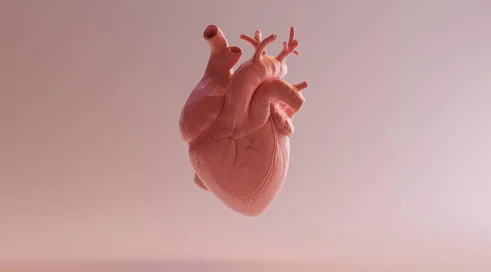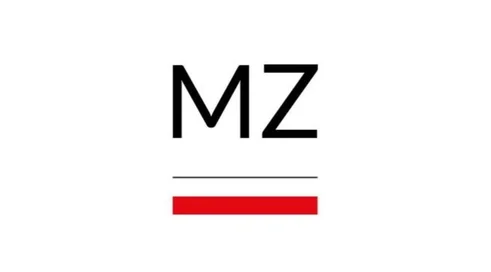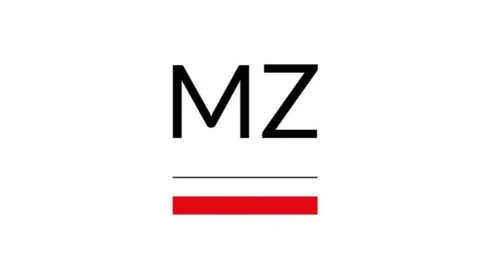Despite the different circumstances of each country and the varied responses to the refugee crisis, one thing is certain. Integration is essential, both in terms of securing the needs of refugees and the ability of host countries to meet the growing demand for infrastructure, particularly health services. Implementing innovative solutions, such as employing skilled refugees in the health care system, that benefit both the refugees themselves and their host communities can help.
"Countries in the WHO European Region are addressing the influx of huge numbers of displaced people, facing a challenge they haven't faced in decades," explains Dr. Gerard Rockenschaub, Regional Director for Emergency Operations in the WHO European Region. "We know that in the future more and more people may have to abandon their own country if only because of the consequences of climate change, which is why it is so important that health systems have the capacity to adapt and innovate to be able to effectively meet the needs of both refugees and their host communities."
Here we have the opportunity to meet health workers who are using their own refugee experiences to help others, and talk about how what they do has allowed them to better integrate into their host communities.
Cultural mediator
When refugees arrive in a new country, they have an urgent need to access information and assistance to meet their basic needs, such as housing, food and health benefits. Cultural mediators help and advise them on how to navigate the unfamiliar systems operating in host countries, including the health care system.
Dian fled his native Guinea at the age of 15 after a brutal military co...
Content locked
To gain access to the complete English section of the Medexpress.pl, kindly reach out to us at english@medexpress.pl.



